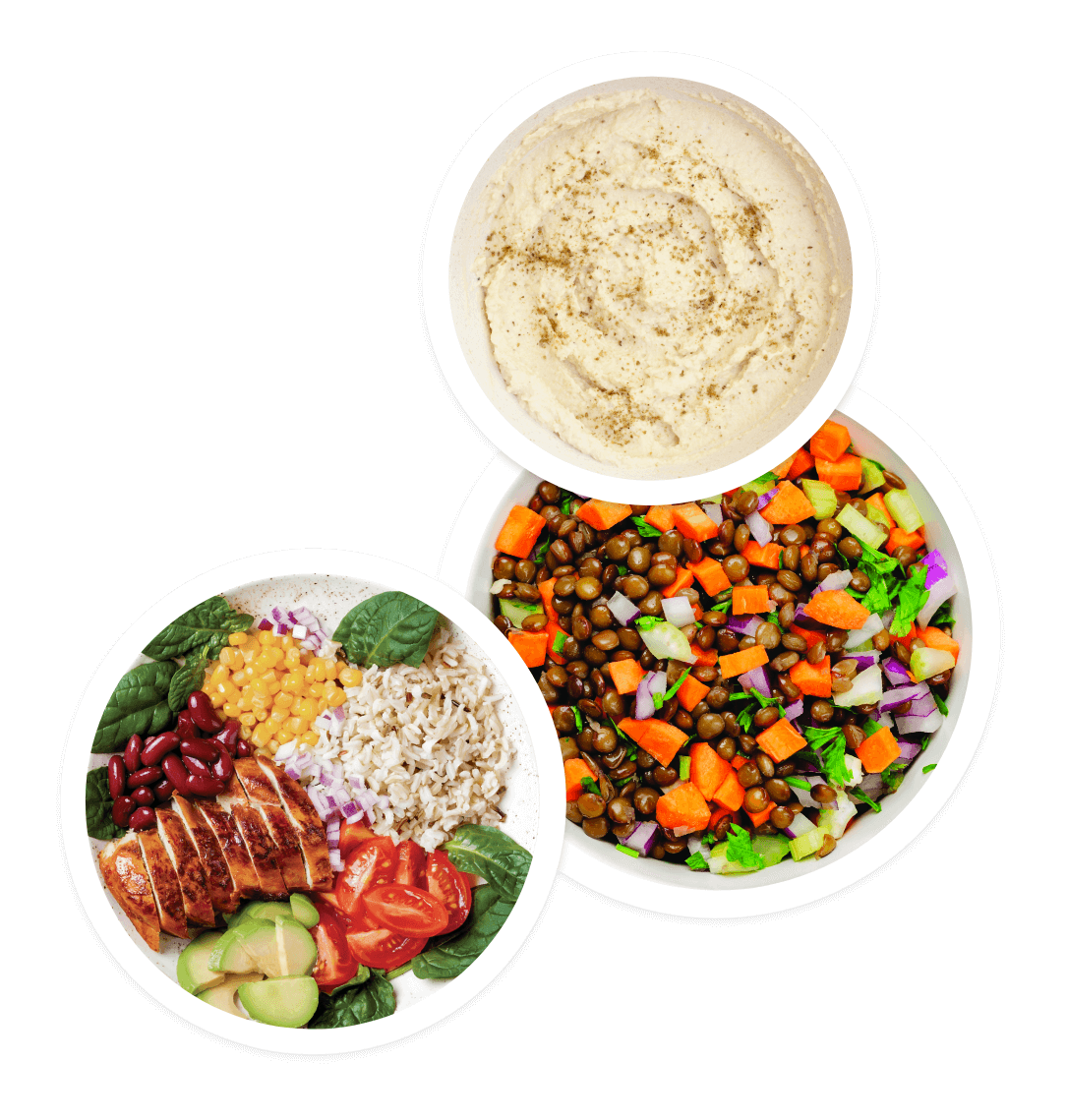


Bridget Swinney MS, RD, LD

You’re more likely to have iron deficiency anemia if:
The best absorbed sources of iron (heme iron) come from beef, the dark meat of chicken and turkey, and some seafood. Liver has the most iron. Less absorbed iron (non-heme iron) comes from eggs, cereal, beans, lentils, nuts, and fortified foods. The foods you eat impact how much iron your body absorbs from food.
Fiber and bran rich foods
Eat a vitamin C-rich fruit or veggie with whole grain breads, beans, eggs, nuts, or fiber-rich and iron-fortified cereals.
Calcium (from milk products, fortified foods, or vitamin mineral supplements)
Drink milk between, instead of with meals. Don’t take iron supplements with milk or with calcium supplements.
Black and peppermint tea, coffee
Avoid or drink tea and coffee between, instead of with meals.
The best absorbed sources of iron (heme iron) come from beef, the dark meat of chicken and turkey, and some seafood. Liver has the most iron. Less absorbed iron (non-heme iron) comes from eggs, cereal, beans, lentils, nuts, and fortified foods. The foods you eat impact how much iron your body absorbs from food.
Fiber and bran rich foods
Eat a vitamin C-rich fruit or veggie with whole grain breads, beans, eggs, nuts, or fiber-rich and iron-fortified cereals.
Calcium (from milk products, fortified foods, or vitamin mineral supplements)
Drink milk between, instead of with meals. Don’t take iron supplements with milk or with calcium supplements.
Black and peppermint tea, coffee
Avoid or drink tea and coffee between, instead of with meals.

Side-Lying Hold
This hold is useful when:
Cross-Cradle Hold
This hold is useful when:
Clutch or “Football” Hold
This hold is useful when:
Cradle Hold
This hold is useful when:
Laid-Back Hold
This hold is useful when:
Share
Share this link via: